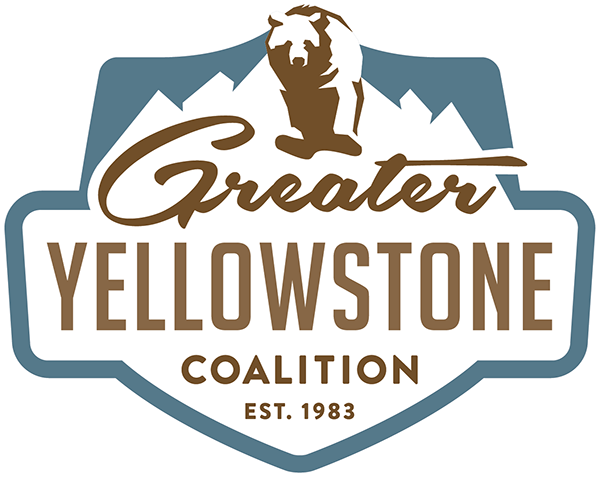Idaho Legislature Makes Cyanide Use in Mining Easier, Despite Proven Dangers
BOISE, Idaho — Idaho legislators approved Senate Bill 1170 (SB 1170), a controversial proposal that would overhaul the permitting process for cyanide-based gold mining, making it easier for toxic projects like the Kilgore mine in eastern Idaho to move forward. SB 1170 would shift permitting authority from scientists and technical experts at the Idaho Department of Environmental Quality to state legislators by locking weaker mining rules into state law, potentially allowing cyanide mines to be built with less oversight and safety regulations.
“Idaho’s clean water and pristine public lands are at the heart of our state’s heritage and economy,” said Tom Hallberg, Idaho Conservation Organizer at the Greater Yellowstone Coalition. “SB 1170 weakens safeguards that protect Idahoans and underscores the urgent need to prevent toxic cyanide mining disasters—exactly what we’re fighting against in Kilgore.”
Near Kilgore, Idaho, just 60 miles from Yellowstone National Park, foreign-owned Excellon Resources is exploring for gold in the Centennial Mountains, known for its clean streams, abundant wildlife, and quiet, rugged beauty. Excellon Resources is in such unstable financial condition that it’s a tremendous risk to Idaho taxpayers for the Kilgore Gold Project to continue. It’s likely the mining company would not be around to clean up the toxic mess they created, leaving taxpayers on the hook.
The Kilgore Gold Project threatens to transform this unspoiled landscape with 10 miles of new roads, 140 drill pads, and 420 exploration drill holes, scarring the mountainside above West Camas and Corral Creeks. An open-pit, heap-leach, cyanide gold mine here would pose a direct threat to the area’s pristine waters, which provide clean drinking water for local families and irrigation for nearby agricultural producers.
Cyanide is a highly toxic chemical capable of poisoning groundwater, killing wildlife, and causing lasting damage to ecosystems. Montana voters banned the use of cyanide in open-pit, heap-leach mining in 1998 after devastating accidents, including a spill of 50,000 gallons of cyanide-laced water at the Zortman-Landusky Mine that contaminated an aquifer used for drinking water and agriculture. Water treatment to clean up that spill and other mine-related pollution has cost taxpayers $33 million. Despite these well-documented risks, Idaho lawmakers are pushing to make permitting cyanidation facilities easier—putting the state’s clean water, wildlife, and agricultural economy at risk.
“Once cyanide contaminates groundwater, it’s incredibly difficult to clean up,” Hallberg said. "The impacts can be felt for decades, as we’ve seen just across the border in Montana.”
GYC is a founding member of the Clean Kilgore Coalition, a group of ranchers, outdoor recreationists, families, and conservationists united in opposition to the Kilgore Gold Project since 2021. Together, they are working to protect the Centennial Mountains from the threat of an open-pit, heap-leach, cyanide gold mine and to ensure that this critical corner of the Greater Yellowstone Ecosystem remains intact for future generations.
For more information on the Clean Kilgore Coalition and how to get involved, please visit https://www.protectkilgore.org/
